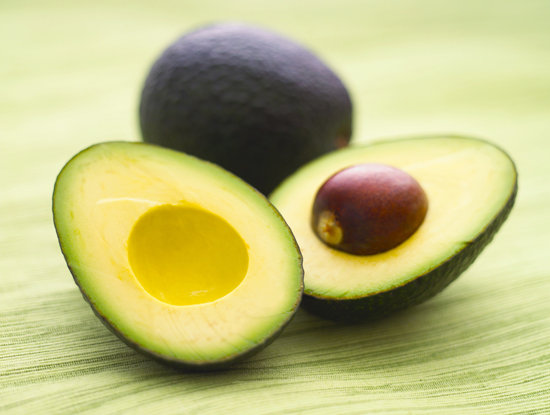
Probably the best way to understand what carbohydrates are is to see them as sugars, starches and fibers that are found in fruits, grains, vegetables and milk products.
Even though they are often maligned in the popular diets, carbohydrates (also known as carbs) are important for a healthy organism.
In a nutshell, carbohydrates are macronutrients which means that they are one of the three main ways through which our body obtains energy or calories. Carbohydrates are also the body’s main source of energy – and they contain carbon, hydrogen and oxygen – hence the name.
Now, the classification of carbs includes many types and many groups. To better illustrate this, there are:
- Simple and complex carbs (based on their molecule structure)
- Monosaccharides, disaccharides and polysaccharides (based on their molecule structure and source)
- Good and bad carbs (where good are the carbs coming from natural sources such as fruit, opposed to the bad carbs being found in processed products)
The function of carbohydrates is related to providing energy for the central nervous system and every working muscle. Below, we are listing their benefits.
The Benefits Of Eating Carbohydrates Before And After A Workout
As mentioned above, carbohydrates provide fuel for our central nervous system as well as energy for our working muscles. They also prevent the protein from being used as an energy source and enable fat metabolism. They are also important for proper brain function and are found to positively influence the mood, memory and other functions.
When it comes to the consumption of carbs before and after a workout, most of the experts would agree that it is before to consume carbohydrates before a workout as the main source of energy – and balance with proteins after the workout.
Still, carbohydrates can be a great source of glycogen after a workout (especially because your glycogen levels are low at that time).
So, if you want to have maximum energy while training, you can consume carbohydrates before your training. If, on the other hand, the purpose of your training is to bulk up (add muscle) rather than shred your body, carbing up before throwing on your kit is necessary.
The best-case scenario is to consume most of the slow-digesting carbohydrates before a workout – and leave the fast-digesting carbohydrates for after the exercise.
Examples Of Foods That Are Categorized As Carbohydrates
There are many different groups of foods that contain carbohydrates. Obviously, each food contains them in a different and relative amount. So, the best way to understand which food contains carbohydrates is through the following examples listed below:
- Dairy products – milk, yogurt, ice cream
- Fruit – whole fruit and fruit juice
- Grains – bread, rice, crackers and cereal
- Legumes – beans and other plant-based products
- Starchy vegetables – potatoes and corn
- Sugary sweets (processed carbs) – soda, candy, cookies and other desserts
What’s important to mention at this point is the fact that carbohydrates are not inherently bad. In fact, our bodies need the glucose sourced in them for fuel. However, it is always important to pick nutrient-rich food sources and pay attention to the size of your portions (if they include carbohydrates).
A Final Word
In the end, carbohydrates are best consumed in their healthy and unprocessed form – and at the right time. Usually, nutritionists advise to consume them in the morning or at least for lunch and leave the other nutrients for your snack and dinner choices.
Moreover, you should try to focus on the ‘good carbs’ which are essentially carbohydrates that are low or moderate in calories, high in nutrients, devoid of refined sugars/grains, high in natural fiber, low in sodium and saturated fat as well as low in (or devoid of) any cholesterol and trans fats.



